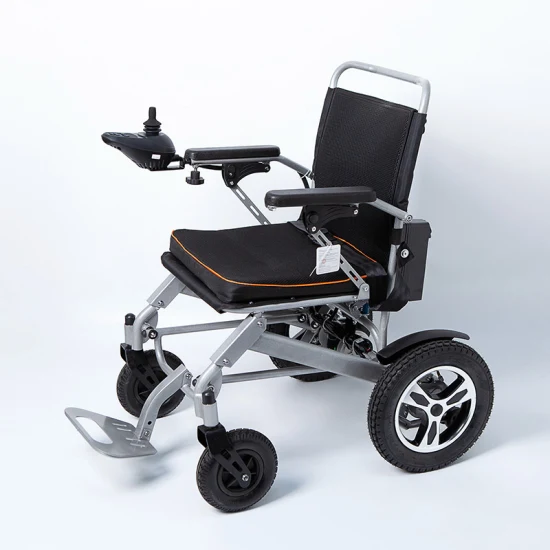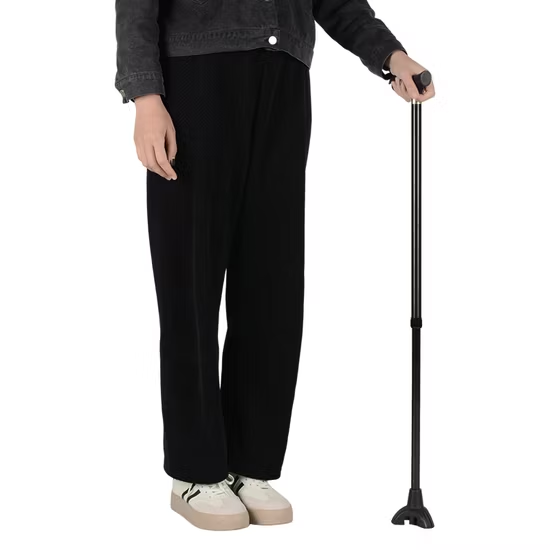CFPB, U.S. Department of Health and Human Services, and U.S. Department of Treasury Launch Inquiry into Costly Credit Cards and Loans Pushed on Patients for Health Care Costs
Public input will bolster agencies’ broad efforts to safeguard consumers against predatory medical debt and collections practices
WASHINGTON, D.C. – Today, the Consumer Financial Protection Bureau (CFPB), U.S. Department of Health and Human Services (HHS), and U.S. Department of Treasury (Treasury) launched an inquiry into high-cost specialty financial products, such as medical credit cards and installment loans, that are pushed on patients as a way to pay for routine medical care and which drive up health care costs and medical debt. Today’s request for information builds on CFPB research on medical payment products and medical billing and collections, in addition to other actions by the CFPB and Federal agencies to relieve the burden of medical debt and collections practices. The three agencies seek information about the prevalence of these products, patients’ experiences with them, and health care providers’ incentives to offer these high-cost products to patients, which may include avoiding the insurance claims process and financial assistance programs. The CFPB will use the public input as it considers ways to address the patient harms caused by these specialty financial products.
“Financial firms are partnering with health care players to push products that can drive patients deep into debt,” said CFPB Director Rohit Chopra. “We are opening a public inquiry to better understand how these practices are affecting patients in our country.”
“This inquiry builds on the Department's work to protect patients from unfair billing practices, lower costs, and increase transparency in our health care system,” said HHS Secretary Xavier Becerra. “Hearing directly from patients about their experiences will help shape policies that can prevent families from incurring medical debt.”
“Treasury is proud to partner with agencies across the Biden Administration to crack down on these often abusive practices that take advantage of patients during vulnerable times. We look forward to receiving stakeholder input so that we can better protect patients and consumers,” said Deputy Secretary of the Treasury Wally Adeyemo.
Medical payment products were once used primarily to pay for care not traditionally covered by health insurance plans, such as dental and vision care, fertility services, and cosmetic surgery. However, medical payment products are now also used to pay for a broader set of services, including emergency room visits and primary and specialty care. Even when medical care may otherwise be covered by insurance or financial assistance, patients may be pitched these products by their health care providers who then pass the administration of patient billing and collections over to financial service companies. The CFPB’s research has highlighted that healthcare providers may be disincentivized to explain legally mandated financial assistance programs or zero-interest repayment options before offering these products to patients. These products can also saddle patients with ballooning deferred interest or creditor lawsuits.
Given the current complexities of financial assistance programs and insurance plans, health care providers can encounter difficulties when trying to receive payment for care. Those challenges may encourage them to suggest that patients and families finance their care through specialty credit products. While these products may relieve administrative burdens from health care providers, they do so by shifting the burdens to patients.
The request for information will help the agencies better understand consumer harms and financial challenges raised by specialty medical payment products. The request for information will provide a consumer voice in the agencies' next steps around these products; for the CFPB, that includes actions regarding the credit origination, debt collection, and credit reporting practices of the financial companies that originate and service these products. Specifically, the agencies are requesting information about:
The CFPB encourages comments and data from the public and all interested stakeholders. Comments must be received within 60 days of the request for information being published in the Federal Register.
Read today’s Interagency Request for Information on Medical Payment Products.
Consumers can submit complaints about financial products or services by visiting the CFPB’s website or by calling (855) 411-CFPB (2372).
The Consumer Financial Protection Bureau (CFPB) is a 21st century agency that helps consumer finance markets work by making rules more effective, by consistently and fairly enforcing those rules, and by empowering consumers to take more control over their economic lives. For more information, visit www.consumerfinance.gov.
You may also like
![Shopping Aluminium Alloy Manual Transport Wheelchair Rollator Supplier]()
Shopping Aluminium Alloy Manual Transport Wheelchair Rollator Supplier
Shopping Aluminium alloy manual transport wheelchair rollator supplier For more details, welcome to send us inquiry To our valuable customer: 1) Tell us your idea and we will develop the new products
![Factory Price Hot Sale Portable Lightweight Motor Wheel Chair Folding Power Electric Wheelchair]()
Factory Price Hot Sale Portable Lightweight Motor Wheel Chair Folding Power Electric Wheelchair
Folding electric wheelchair YSE130 (The following specifications and parts can be customized) Specification : Charge time: 6-8HDriving Range:15 KMMax Speed:6KM/hClimbing
![Economy Foldable Manual Wheelchair Direct China Factory Steel Wheel Chair with Competitive Price]()
Economy Foldable Manual Wheelchair Direct China Factory Steel Wheel Chair with Competitive Price
Overview Product DescriptionSteel WheelchairFrame Color: Chrome Plating,Fixed PVC Armrest with Black Color,Fixed Footrest,Stainless Steel Side Panel,8" Solid Front Castor,24" Spoke Rear Wheel with
![Lightweight Aluminum Cane Stick Underarm Elbow Crutches Adjustable]()
Lightweight Aluminum Cane Stick Underarm Elbow Crutches Adjustable
Aluminum Walking Stick Outdoor with Chair Elderly Crutch Folding CaneBrother Medical carry a complete line of durable medical equipment including mobility products, wheelchairs, commode chairs, shower





